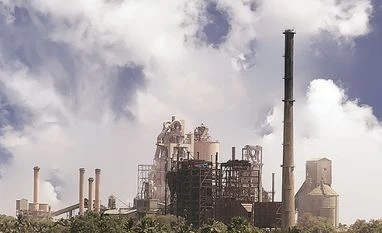"Today, India is producing about 3 per cent bioethanol blending with ethanol derived from molasses, which is called generation (1G) ethanol. There is huge impetus from the government to set up second generation (2G) ethanol plants in order to achieve the ambitious target of 20 per cent blending biofuels," the company said in a statement.
"L&T Hydrocarbon Engineering (LTHE), a wholly-owned subsidiary of Larsen & Toubro (L&T), has signed a Memorandum of Agreement (MoA) with Institute of Chemical Technology (ICT) to build ethanol plants based on fully indigenous technology by ICT," it said.
Also Read
2G ethanol is defined as that derived from agricultural waters that do not much impact human and animal food chains and results in more than 60 per cent reduction in fuel carbon emissions compared to equivalent petro-fuel use.
"The Department of Bio-Technology (DBT) set up country's first bio-energy research centre at ICT in 2008 known as the DBT-ICT centre for bioscience with the express mandate to develop, scale up and monetise the 2G ethanol bio-ethanol technology," Professor GD Yadav, Vice Chancellor of ICT, said.
LTHE and ICT will collaborate to provide complete solutions in setting up 2G ethanol plants in terms of process license, technology know-how, basic engineering, engineering, procurement and construction (EPC) or engineering, procurement and construction management (EPCM).
"We are delighted to be part of this initiative taken by the Government of India, and it is in line with our commitment to nation building. The 2G ethanol projects will herald a new age of technological development and will fuel India's green economic growth engine.
"LTHE will leverage its vast experience in engineering, construction and project management to meet challenges and deliver 2G ethanol plants," Subramanian Sarma, MD and CEO of L&T Hydrocarbon Engineering said.
L&T Hydrocarbon Engineering is a leading provider of design-to-build engineering and construction solutions across the hydrocarbon spectrum to global majors.
)